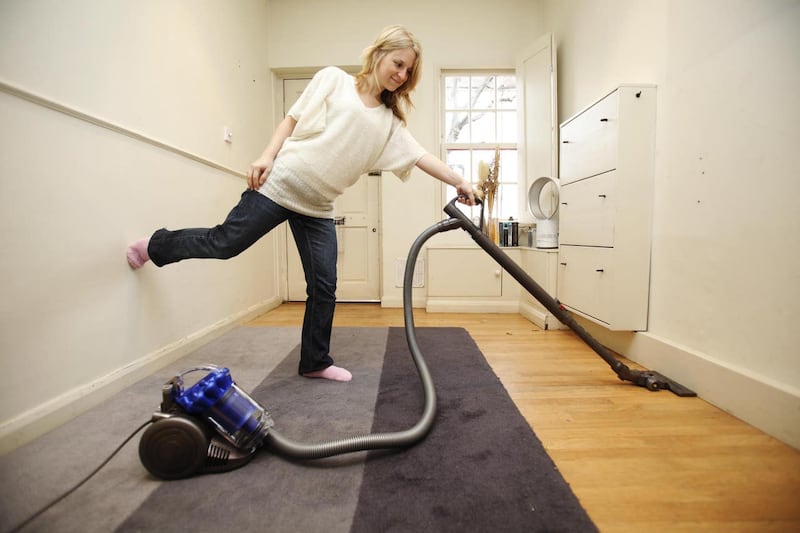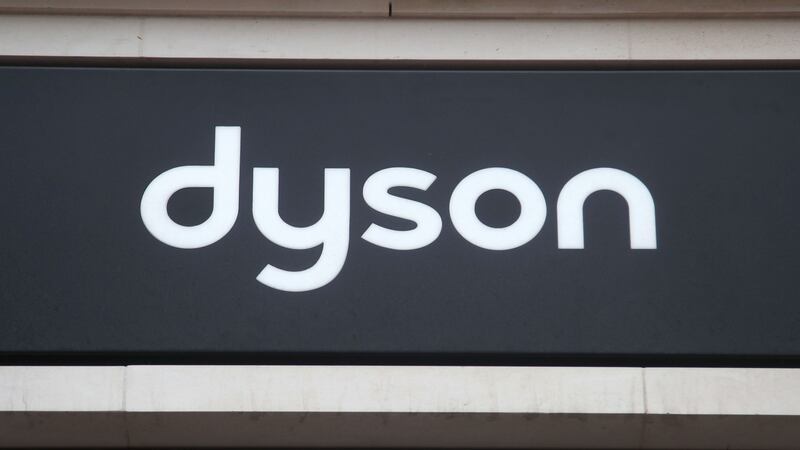The European Court of Justice (ECJ) has rejected a claim by British technology company Dyson that consumers should have information about the testing conditions behind vacuum cleaner energy classification labels.
The ECJ ruled that not providing customers with the information does not constitute a “misleading omission”.
Dyson has long argued that other cleaners become less energy efficient as their bags fill with dust, unlike its bagless cleaner, and argued that competitor BSH, which owns Bosch and Siemens, was misleading consumers by not indicating that energy performance tests were carried out with empty bags.
All vacuum cleaners sold in the EU have needed to feature standardised labels about their energy use since 2014.

The ECJ said rules did not permit additional information, including information relating to the test conditions, to be added to the energy efficiency label.
It said: “The directive and the regulation must be interpreted as meaning that no information relating to the conditions under which the energy efficiency of vacuum cleaners was measured may be added to the energy label.”
However, it also said that additional labels or the symbols displayed by BSH on the packaging of its vacuum cleaners “do not satisfy the requirements of the directive”.
A Dyson spokeswoman said: “The European energy label for vacuum cleaners misleads consumers about true in-home performance of a vacuum cleaner which is why Dyson brought a judicial review of the European Commission’s regulation.
“The label tests vacuum cleaners without dust, despite the fact that many perform very differently as the bag fills; in addition some manufacturers have actually devised control electronics to circumvent the regulation entirely, misleading their owners by increasing motor wattage as the vacuum bag fills.
“Today the court took the view that the label is not misleading if it omits information about testing conditions, as it is not required by the energy labelling regulation.
“It is disappointing that consumers will continue to be misled about the true performance of this product in the home, but Dyson continues to challenge the regulations through its judicial review.”
The ruling is unrelated to Dyson’s judicial review process challenging energy labelling.








